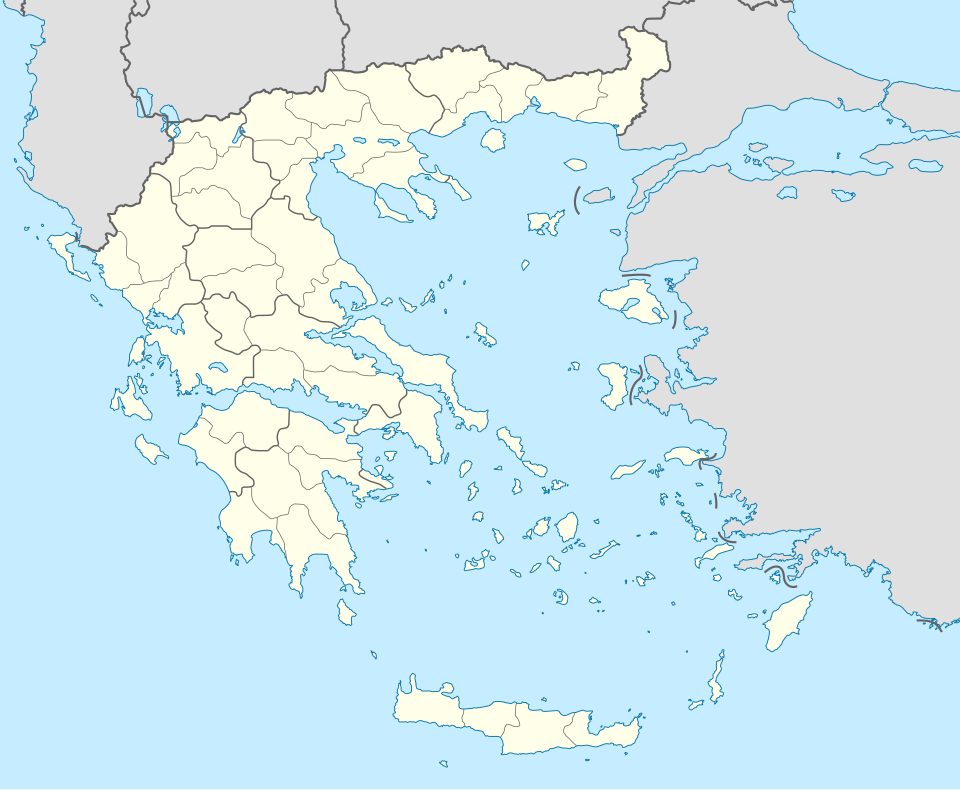This article needs additional citations for verification .(July 2016) |
 | |
| Host city | Rio de Janeiro, Brazil |
|---|---|
| Countries visited | Greece, Switzerland, Brazil |
| Distance | 20,000 kilometres (12,000 mi) |
| Torchbearers | 12,000 |
| Start date | 21 April 2016 |
| End date | 5 August 2016 |
| Part of a series on |
| 2016 Summer Olympics |
|---|

The 2016 Summer Olympics torch relay which ran from 21 April until 5 August 2016. After being lit in Olympia, Greece, the torch traveled to Athens on the 27 April. The Brazilian leg began in the capital, Brasília, and ended in Rio de Janeiro's Maracanã Stadium, the main venue of the 2016 Olympics. After having visited more than 300 Brazilian cities, including all 26 state capitals and the Federal District. [1] The end of the relay was the closing to the 2016 Summer Olympics opening ceremony. [2]







